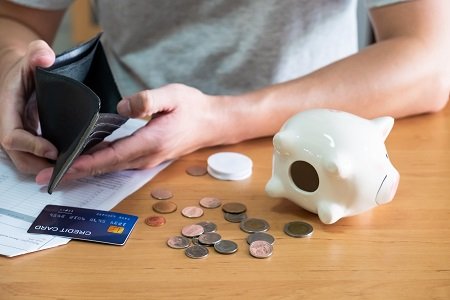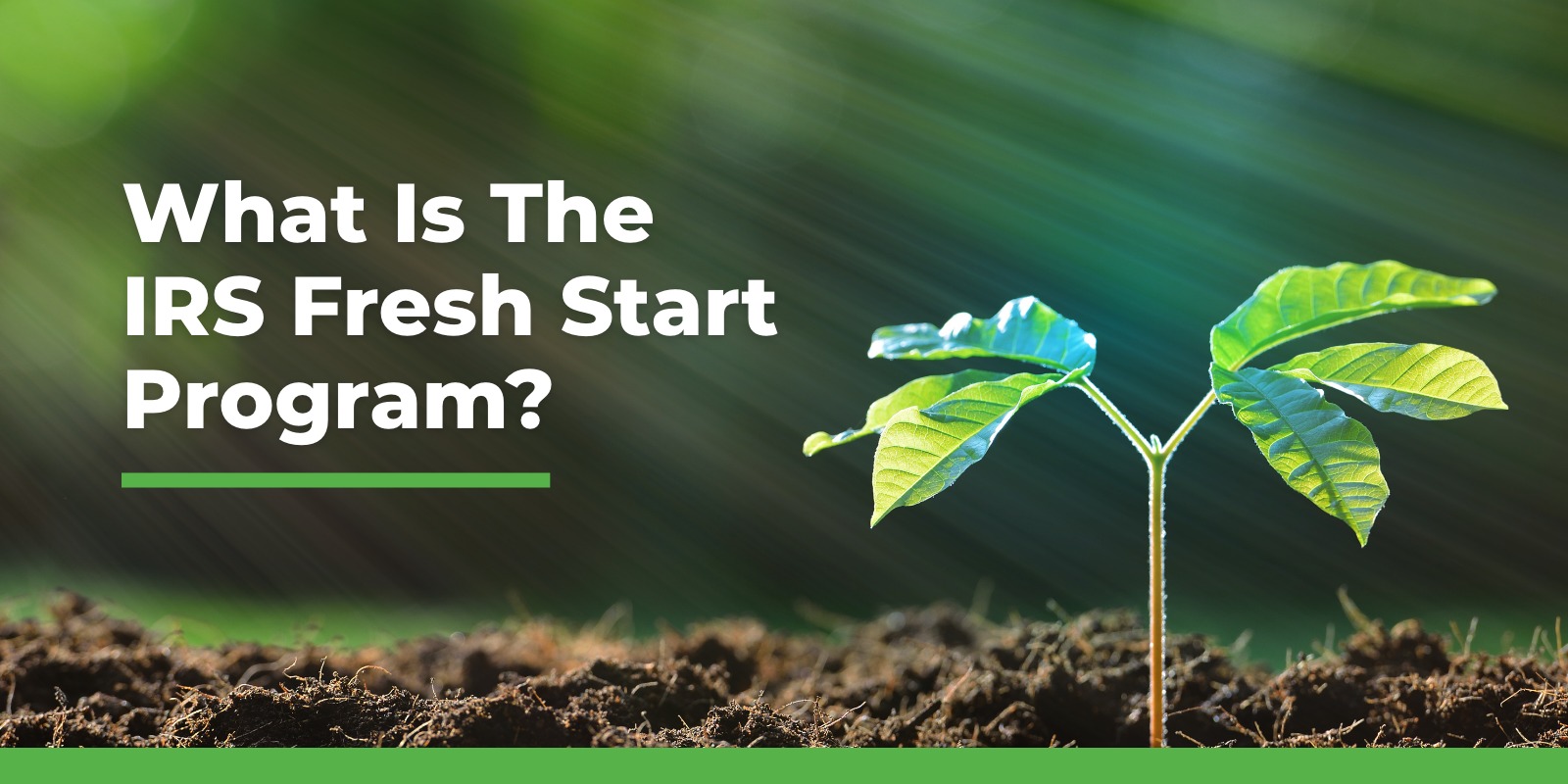Talks and rumors about a recession will always be nerve-wracking. The sheer mention of it will spiral most people into thinking about how it will affect their jobs, loan repayments, and other financing-related things.
One of the things affected by the recession is our vehicles, especially ones that are still not out of a payment plan. Undoubtedly, a recession can be a double-edged sword for your car’s financing, from interest rates to refinancing.
But how exactly will it affect your car?
What is a Recession?
A recession happens when the economy shrinks and slows for at least half a year. Multiple factors can cause a recession, but one sure fact is that it can negatively affect a household.
Usually, it is triggered by at least two fiscal quarters in succession when the economy is hit with a lowered gross domestic product (GDP). So, what does it mean for the common folk? This can lead to reduced work hours and even unemployment for some people.
Concerns about the economy will lead households to spend less money and save more, which will, of course, reduce income. This can decrease profits for small businesses and big corporations, resulting in mass layoffs and unemployment.
It’s a vicious cycle that’s hard to break. Recessions, while a typical part of an economy’s natural expansion and contraction, can significantly increase household financial stress when there is a lack of adequate planning. Job losses, reduced income, and rising costs during such periods often force families to cut back on spending, further slowing economic activity and deepening the recession. If a recession persists long enough without effective intervention, it can escalate into a depression.
Recession and Depression
A recession differs from a depression in a few ways. As mentioned, a recession is triggered by two successive fiscal quarters with negative GDP growth, representing a temporary economic activity slowdown. Depression, on the other hand, is much more severe and long-lasting. In simpler terms, a depression is a recession multiplied by ten or even more.
A full-fledged depression means there’ll be more extensive mass layoffs and a high unemployment rate in various sectors of the economy. Unlike a recession, which lasts less than a year, depression can last years, leading to people being in hazardous financial situations.
Recession and Interest Rates
Of course, when we think about loans, including auto loans, one of the first things that comes to mind is interest rates. When the signs of a recession emerge, the government and central banks will take steps to fix things before they get out of control. They might create and implement policies that promote economic growth, including changing interest rates to keep the economy afloat.
One thing you should take note of is that interest rates usually rise right before a recession. These hikes help ease inflation and decrease consumer spending. If market demand exceeds the available goods and services, this will help balance consumer spending habits.
On the other hand, during a recession, interest rates usually decrease because the government wants more people to spend their money instead of saving, thus promoting economic growth.
What a Recession Does to Your Car Financing
Recession can mean a few things to your vehicle. If you plan to finance a car just before a recession, you will get hit with an expensive interest rate. For this reason, you must budget and plan, as it will be harder to get a loan during this time.
One thing that also happens during a recession is repossessions. The rate of car repo tends to rise during a recession because of increased unemployment. Fortunately, many agencies offer services like financial assistance for car repossession if you’re unlucky enough to have this happen to you.
Another way a recession will affect your car financing is by affecting its value. Because households are tightening their budgets, they will hesitate more to buy expensive items, including cars. This means that if you plan to sell your car during a recession, it will be more challenging, and if you’re desperate to sell it immediately, you might be forced to lower its value.
And there’s one more thing to consider: car parts. A recession can significantly affect the production of goods, including the parts your car might need. This is due to how materials and product movement are often done in multiple countries. Because of this, the production and distribution of car parts will be lowered significantly.
Final Words
A recession is a scary topic for most people, and yes, that includes car owners. If you plan to finance a new car right before a recession, then it’s likely you’ll have a hard time thanks to the hike in interest rates. On the other hand, if you decide to sell your car during the recession instead, you might be forced to lower the value of your vehicle to sell it.
While the recession can be a huge obstacle for you and your car, planning and being smart about it will stave off some of your concerns with the recession.
Article written by Tiffany Wagner, [email protected]
Publisher: Source link











